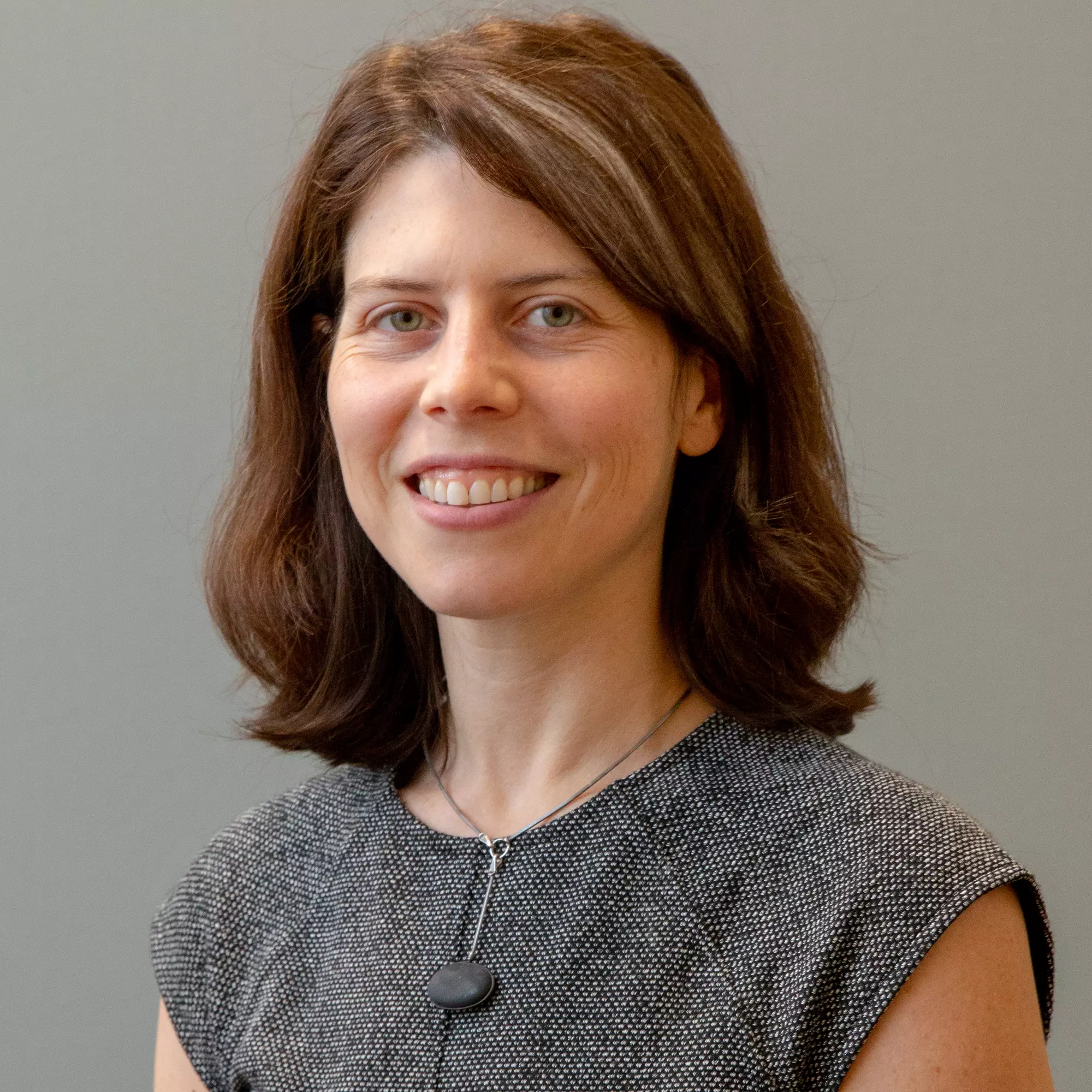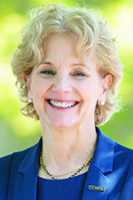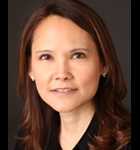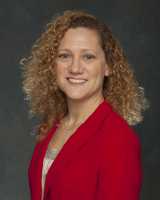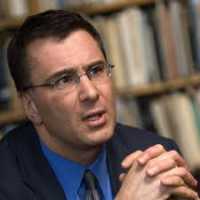Health Care Systems, Health Care Workers, Technology / 22.11.2024
Addressing Physician Shortages with Open Source M.D.’s Unique Approach
In the United States, physician shortages have become a national crisis, with experts projecting a shortfall of up to 124,000 doctors by 2034.
This growing gap threatens the quality of healthcare, particularly in rural and underserved areas. Hospitals and clinics are feeling the pressure, scrambling to ensure effective, reliable, and consistent medical services.
But what if there was an innovative way to address these shortages head-on? Enter Open Source M.D., a company that’s revolutionizing healthcare staffing with a fresh and agile approach. This article dives into their model, offering insight into how it could reshape the landscape of modern medical services.
Understanding the Physician Shortage Problem
The physician shortage issue isn't just about numbers—it has a domino effect on patient care, community health, and the overall efficiency of healthcare systems. Several factors contribute to this crisis:- Aging Population: As the baby boomer generation ages, the demand for medical services increases exponentially.
- Physician Retirement: With a significant portion of the current physician workforce nearing retirement, a large gap is left in their wake.
- Burnout and High Turnover: Long hours, administrative burdens, and high stress lead to burnout, prompting many doctors to leave the profession early. These challenges call for a transformative approach that goes beyond traditional recruitment and staffing methods.



 Understanding oneself is vital before exploring medical fields. What are your unique interests? Which medical areas spark your enthusiasm? It's common to advise students to reflect on their likes and dislikes in various subjects. To save some time, you might hire an
Understanding oneself is vital before exploring medical fields. What are your unique interests? Which medical areas spark your enthusiasm? It's common to advise students to reflect on their likes and dislikes in various subjects. To save some time, you might hire an 
